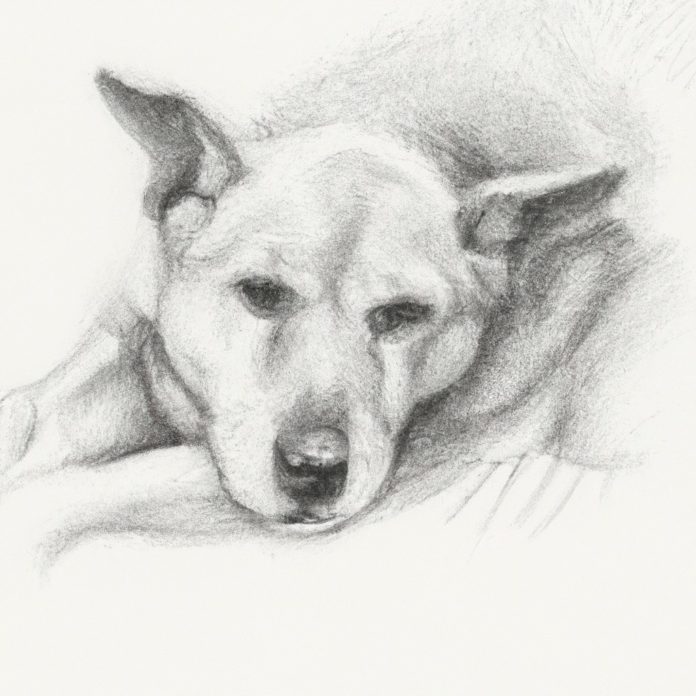Dear VetBabble: What Should I Do If My Senior Dog Develops Breathing Problems and Excessive Drainage?
As a caring pet owner, it can be concerning to notice a change in your senior dog’s breathing and an increase in drainage. In this article, we will discuss possible reasons for these symptoms, as well as provide guidance on what to do when these issues arise.
Understanding Respiratory Issues and Drainage in Dogs
Respiratory problems, or dyspnea, can manifest in various ways including coughing, wheezing, and shortness of breath. Similarly, excessive drainage in dogs usually presents as mucus or discharge from the nose or mouth. Many underlying causes can lead to these symptoms, some of which may be potentially dangerous for your furry friend. It is essential to address these issues promptly to minimize any long-term complications.
Common Causes of Breathing Problems and Excessive Drainage
There are several possible reasons why your senior dog may be experiencing breathing problems and excessive drainage. Some of these include:
- Respiratory infections: Infections, such as kennel cough, can cause coughing and congestion in dogs. In some cases, respiratory infections may lead to pneumonia, which can be life-threatening if left untreated.
- Allergies: Just like humans, dogs can suffer from allergies that can cause respiratory distress and nasal discharge. Common allergens include pollen, dust, mold, and sometimes, certain food ingredients.
- Heart problems: Heart failure in dogs can lead to fluid build-up in the lungs, which manifests as coughing and difficulty breathing. For more information on heart failure in dogs, visit our article on Heart Failure in Dogs.
- Foreign bodies: Sometimes, dogs may inhale foreign objects, such as grass seeds, that can cause irritation and discharge in their respiratory tract.
- Chronic illnesses: Conditions like chronic bronchitis, collapsing trachea, and lung tumors can also cause breathing problems and discharge in dogs.
To better understand coughing in dogs, visit our article on Coughing in Dogs: Types, Diagnoses, and Treatment.
When to Seek Veterinary Help
If your senior dog is experiencing dyspnea and excessive drainage, you should consult with your veterinarian or emergency vet as soon as possible. This is especially true if your pet is showing any of the following symptoms:
- Severe coughing or wheezing
- Rapid or labored breathing
- Lethargy or weakness
- Pale or blue-tinged gums
- Decreased appetite
- Fever
- Weight loss
- Diarrhea or vomiting (to understand why your dog may have diarrhea, visit our article on Why Does My Dog Have Diarrhea?, and to learn when to worry about diarrhea in dogs, read our article on Diarrhea in Dogs: When to Worry).
Ultimately, your veterinarian will be able to provide a proper diagnosis and recommend the best course of treatment for your dog’s specific needs.
In conclusion, noticing respiratory issues and excessive drainage in your senior dog can be troubling. By understanding the potential reasons for these symptoms and seeking veterinary help promptly, you can ensure your pet’s health and well-being are well taken care of.









